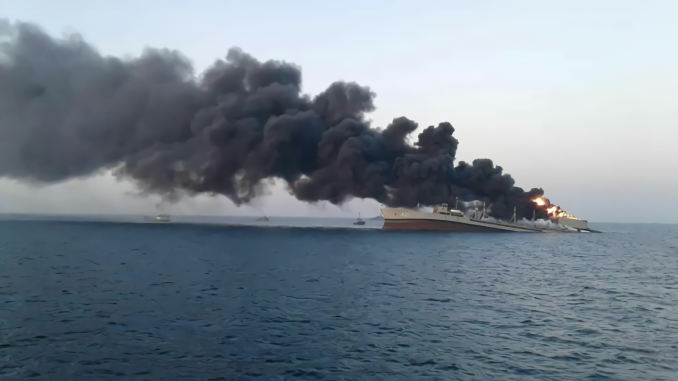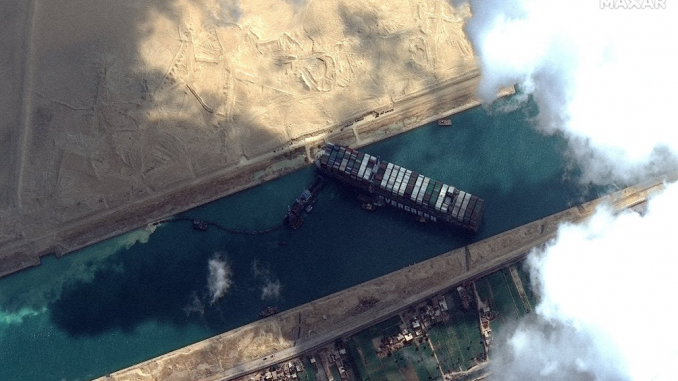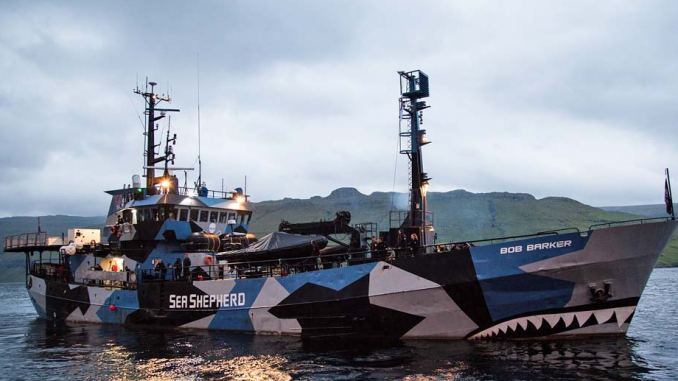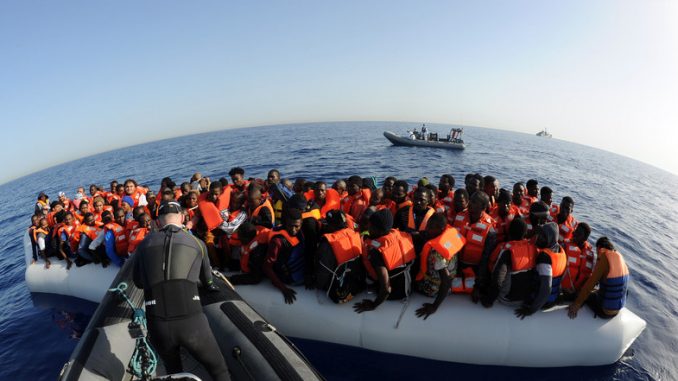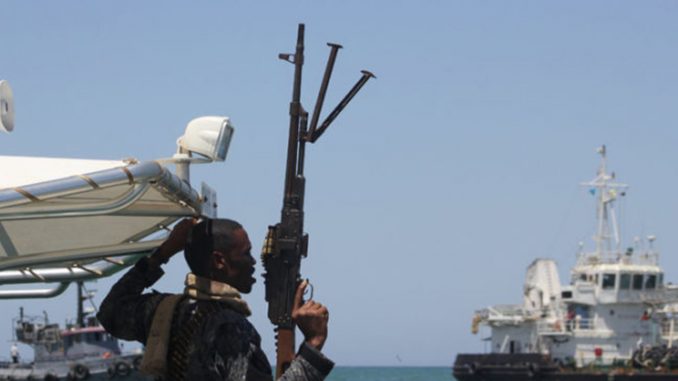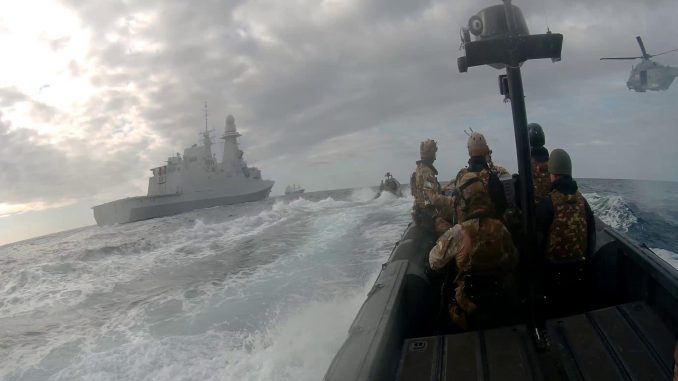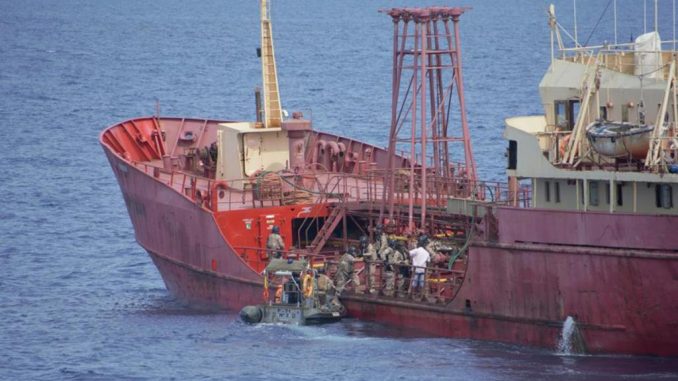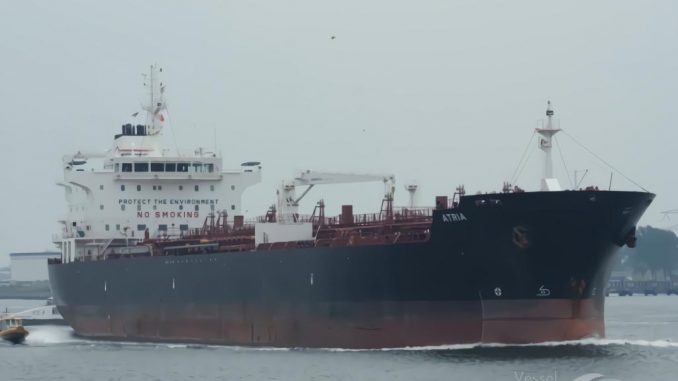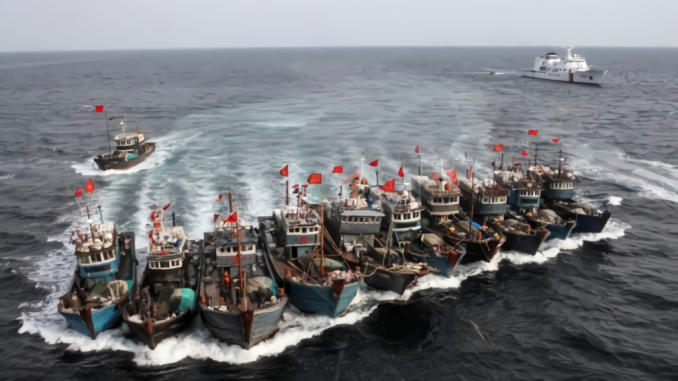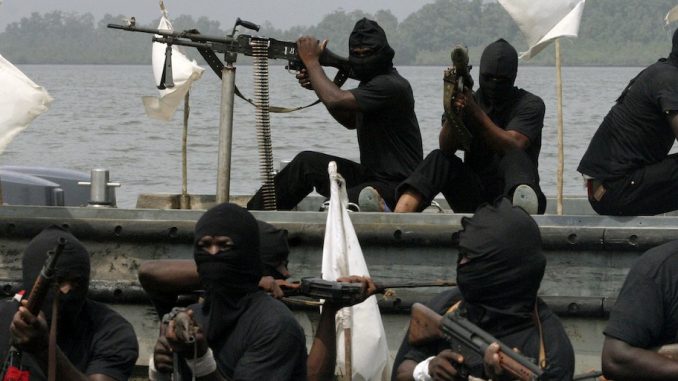
Piracy decline in the Gulf of Guinea
The International Maritime Bureau's Piracy Information Center reported 132 incidents of piracy and armed robbery at sea against ships in 2021, the lowest figure recorded since 1994. And crew kidnapping fell by 55% in 2021. The reduction can be attributed to a notable decrease in piracy incidents in the Gulf of Guinea region (from 82 in 2020 to 34 in 2021). Where have all the Nigerian pirates gone? What are the reasons behind these figures? Is it Nigeria's passage of the 'Suppression of Piracy and Other Maritime Crimes Act'? Has hacking capability been significantly reduced by deployed units with the recent launch of Project Deep Blue? (Continue…) Dear reader, this article is exclusively for paying users. If you want to access the full text, you can subscribe to Ejercitos Magazine taking advantage of [Keep reading…]

